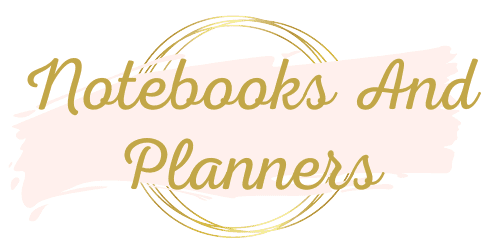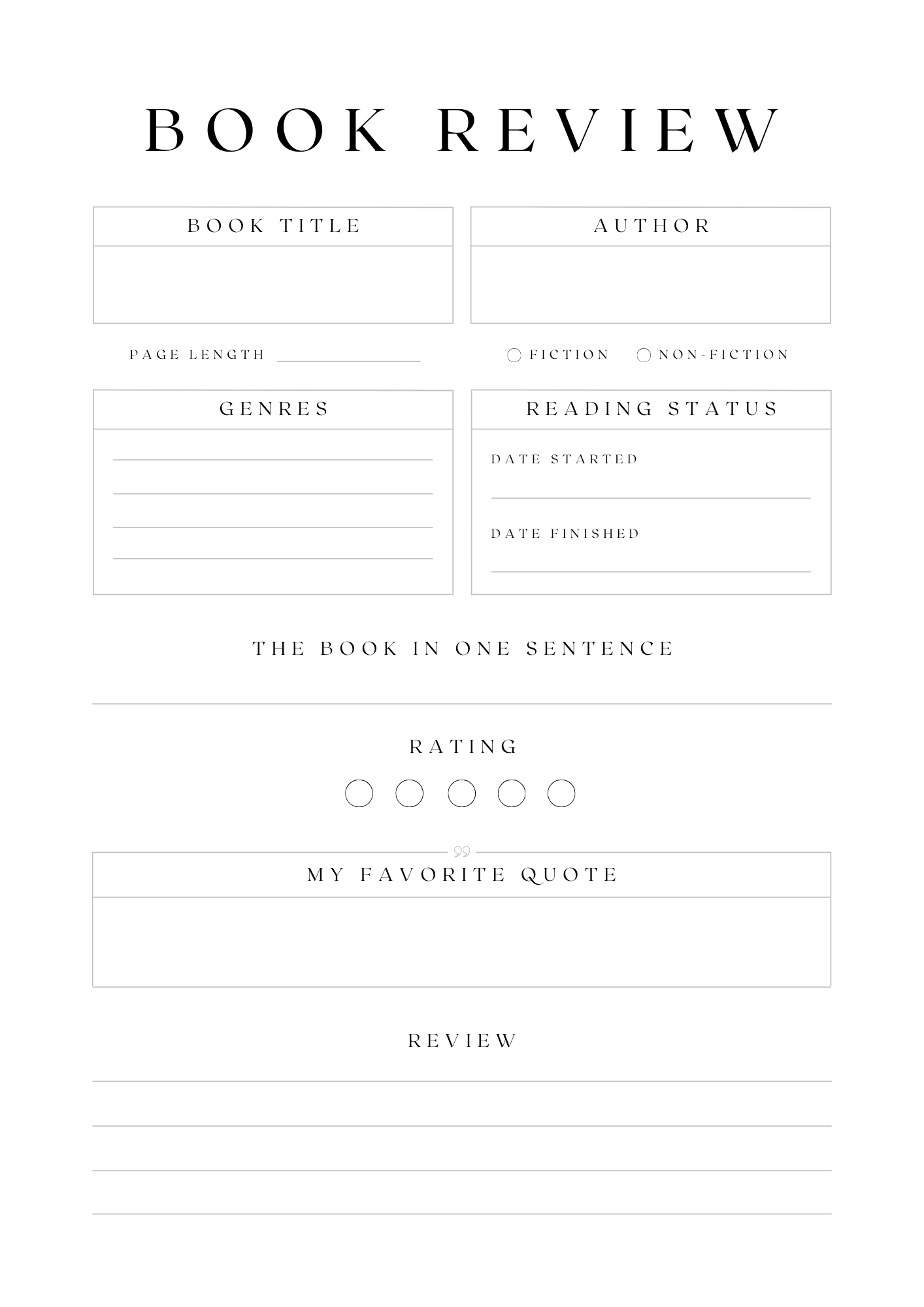Last Updated on February 22, 2024 by Jen
If you’re an avid reader, there’s a practice that can enrich your reading experience, enhance your memory, and even foster personal growth, with minimal effort: keeping a reading journal. It’s the art of not just enjoying the stories or knowledge within your books, but actively engaging with them in a way that ensures a deeper understanding and a longer-lasting impression.
Defining A Reading Journal
A reading journal is a personal journal where you record everything or anything to do with your reading experiences.
It can take many forms, from a digital document to a notebook, and it serves as a companion to your books.
In a reading journal, you can jot down your impressions, reflections, and any information you want to remember.
A reading journal can be anything from a simple log of books you’ve read to a complex analysis providing insights into major themes or educational takeaways.
Why Journaling is Essential for Book Lovers
Journaling helps us understand more deeply and remember more clearly. For book lovers, it’s a bridge between the act of reading and the act of living. It encourages active reading, thoughtful reflection, and often leads to a greater appreciation of the written word.
5 Big Benefits Of Keeping A Reading Journal
1. Enhanced Comprehension and Retention
Pen and paper can be powerful tools for learning. Active engagement—through underlining, noting, paraphrasing, and summarizing—improves reading comprehension. It encourages you to engage with the text in a way that forms more significant memories.
Handwriting also has an advantage over typing when it comes to memory. The act of writing things out can help the mind commit the subject matter to memory more effectively.
2. Personal Reflection and Growth
Books often serve as mirrors to our lives, showing us where we’ve been and where we could go. A reading journal can be where you respond to these reflections, consider how they relate to your life, and chart paths for personal growth. As you write, you develop a deeper understanding of how the book affected you on an emotional and intellectual level.
3. Tracking Reading Progress
A reading journal can be a historical document of your reading endeavors. Looking back can show how your tastes have evolved, and the act of marking a book as ‘read’ can provide a small but satisfying sense of accomplishment. Over time, this log can be a rewarding way to take stock of your intellectual and literary trajectory.
4. Sparking Creativity and Critical Thinking
Analyzing the books you read pushes you to think deeply and engage with the material critically. Journaling your thoughts helps you articulate your analysis, an invaluable skill in all areas of life.
Seeing your ideas unfold on paper can lead to new insights and can even kick-start your creativity as you make connections and think about how the ideas can apply to your own life or work.
5. Building a Community of Readers
The beauty of journaling is that you can share your thoughts with others. Sometimes, the best discussions come from reading someone else’s experience with a book. By sharing entries from your reading journal, you can engage with other readers and build a community around literature.
Starting and Maintaining Your Reading Journal
Initial Set-Up
When starting your reading journal, consider the mode that best suits your habits. Are you more likely to write if you have a beautifully bound book? Or will a note-taking app make maintaining your journal more convenient?
You may want to consider using journal templates, like the one below. However, sticking to a template can stifle creativity and impede your ability to get more out of your reading journal.
Sections to Consider
It’s helpful to divide your journal into sections. For instance, you might have one section for your reading list, another for favorite quotes, and a section for general notes on books. Having these divisions keeps your thoughts and ideas organized and easy to reference later.
However, you can also use your reading journal book by book to keep notes, write down favorite quotes, or journal about how the book relates to your life.
Prompts To Get You Started
Not sure what to write? Begin with some prompts until you find your groove. You could reflect on how a character’s decision compares to your own, or how the book’s setting made you feel. Here’s a prompt that I find particularly helpful: “What did I learn from this book (chapter) that I can apply to my life?”
Consistency is Key
Once you have your structure, commit to regularly writing in your journal. It doesn’t need to be verbose or time-consuming, but the more consistently you journal, the more you’ll get out of it.
The best thing to do is write immediately after you read. Don’t wait too long or you could forget important things you wanted to write down in your reading journal.
Think About Long-Term Benefits For Motivation
This piece of advice isn’t glamorous, but it’s crucial: think about your future self. The entries you write now might become a treasure trove of memories and insights as you grow and change.
Journaling and Lifelong Learning
A reading journal is a tribute to your commitment to lifelong learning. It is, in many ways, a personal learning log, a tool for both formal and informal education.
Reflecting on and discussing the material in our books enhances both our understanding of topics and our ability to apply that knowledge in practical ways. The reading journal becomes a map of our intellectual development, showing us where we’ve been and what we’ve learned along the way.
A Reading Journal Complements Reading Perfectly
A reading journal is not just a record of books you’ve read; it’s a testament to your engagement with the world of ideas, your commitment to understanding them, and your willingness to grow. With this new practice, your reading time will become more meaningful, more memorable, and eventually lead to a richer life. I encourage you to pick up a pen, open a blank page, and start this potentially life-changing habit today. The benefits of keeping a reading journal are as vast as the world of books itself.





